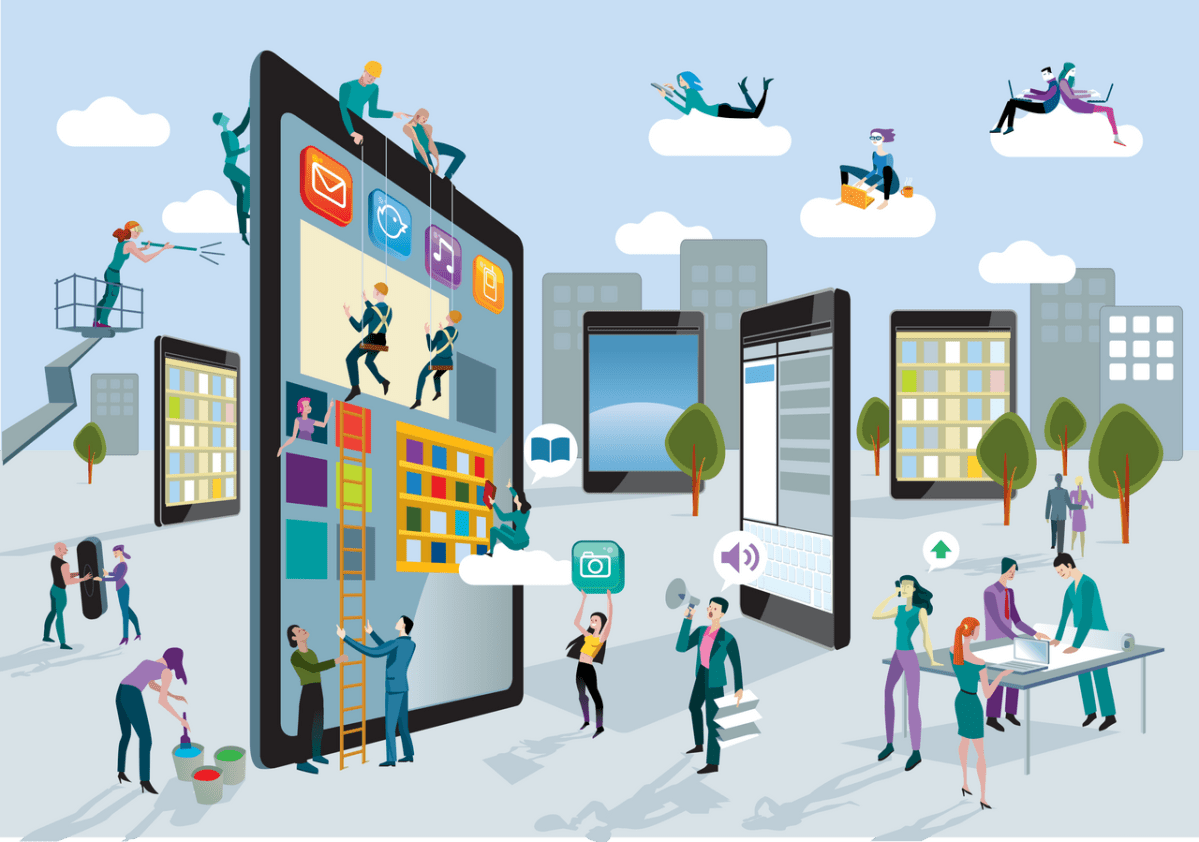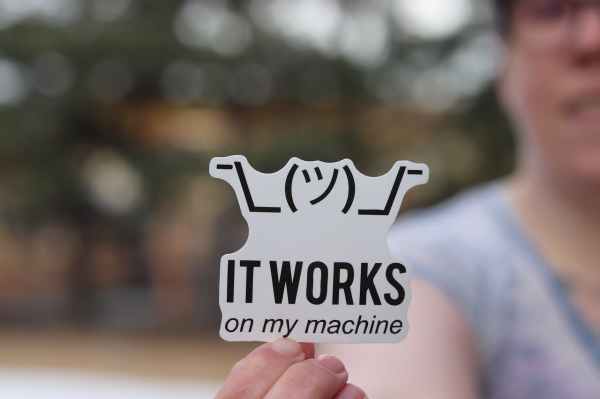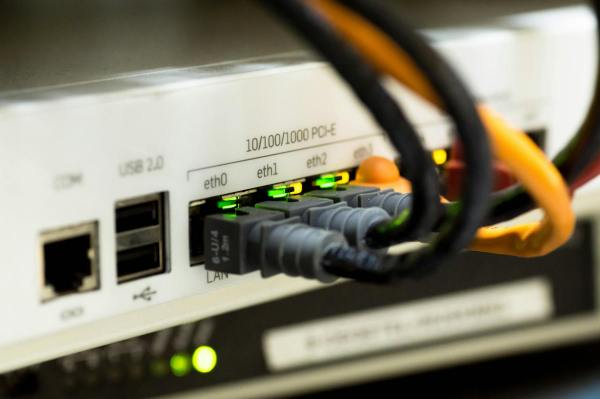Each new innovation frantically inspires the next. The changes that are taking place in areas such as industry, work, the countryside, mobility, health, finance, environmental management, recreation and human relations have been firmly driven by this technological lever.
What is more, the technological transition has become an important source of economic dynamism and solutions to multiple challenges. Society needs the adoption of connectivity and digitalisation, as these are key concepts for moving forward.
Infrastructure, tools. What are ICTs?
ICTs can be defined as those infrastructures and tools that allow both the connection between people and the collection and analysis of information. To describe ICTs, one mention computer equipment, hardware, software programmes, the networks and infrastructures that allow information to be generated, processed and transmitted, and even storage platforms.
Large servers, mobile devices, mobile networks such as 5G, edge computing or cloud storage. These are all part of the diverse set of pieces that answer the question of what ICTs are.
So what are ICTs used for?
Digitalisation is necessary for the growth and progress of societies, to improve people’s living conditions and care for the environment, to optimise the productive sector, to create quality employment and to promote inclusion. New technologies create connections that would not be possible otherwise.
-Advantages of ICTs for industry and business. The adoption of ICTs on business has caused a very significant impact. On the one hand, they allow access to and analysis of information, which facilitates decision-making. On the other hand, it optimises manufacturing and management processes, automating a large number of tasks, which helps to reduce costs and increase efficiency in the industrial sector. This is a great advantage, especially for SMEs, as it allows them to be more competitive and even simply their growth through the use of online resources. It also improves communications and customer service.
Rural areas also benefit from connectivity by having tools that facilitate many of the tasks required by the agricultural and livestock sector, improving the quality of life of these producers and helping to curb serious problems such as the depopulation in the countryside, creating the so-called Smart Territories.
-Advantages of ICTs for society. Improvements in technological infrastructures and tools have enabled habits to change, such as teleworking or the hybrid work model. In the education sector, developments have been truly remarkable. The education is accessible and can reach all corners, without timetables. New technologies have changed the educational landscape, both for children and adults, and traditional training is giving way to other educational models that foster other skills such as resilience, teamwork or creativity through the access to thousands of subjects.
Healthcare is another sector that has benefited greatly from the adoption of new technologies. The deployment of 5G mobile networks and technologies such as Big Data is improving patients’ lives. For example, they reduce the time taken to detect tumours, and thanks to telemedicine, it is even possible to perform operations remotely.
-Environmental management. From taking care of water resources to access to cleaner energy or the design of less polluted cities. How is this possible? By the control provided by new technologies such as IoT, the use of Big Data and once again such a powerful infrastructure as 5G, which provide for effective water management, the efficient use of energy, and the optimisation and reduction of the unnecessary consumption of natural resources. A good example of this is the design of Smart Cities: capable of managing more sustainable mobility, resource consumption adapted to real-time demand, and even public safety.
-Benefits for people. The people themselves have directly benefited from these technologies: maintaining communication with their loved ones at all times. The health crisis in 2020 plunged the planet into global lockdown, and thanks to connectivity, thousands of people were able to keep in touch with their loved ones. ICT has also changed the world of entertainment with streaming concerts and video games, virtual tours of museums and cities, even scenes from other eras, watching the latest film releases on a smartphone or connecting with people through social networks.
ICTs and the challenges facing societies
ICTs are key solutions to the planet’s great challenges: successfully tackling global warming and climate change, eradicating extreme poverty and combating inequality. They also have a key role to play in achieving the SDGs set by the United Nations and building a better future.
ICTs have an essential integrating role, which is why countries must work to breach the digital divide, which has the opposite effect: it increases inequality and limits opportunities. For this not to happen, it is necessary to expand the infrastructures and tools that bring digitalisation and connectivity to all corners of the planet, as well as training people in digital skills so that they not only have access to all the services offered by new technologies, but also so they do not get left behind.











